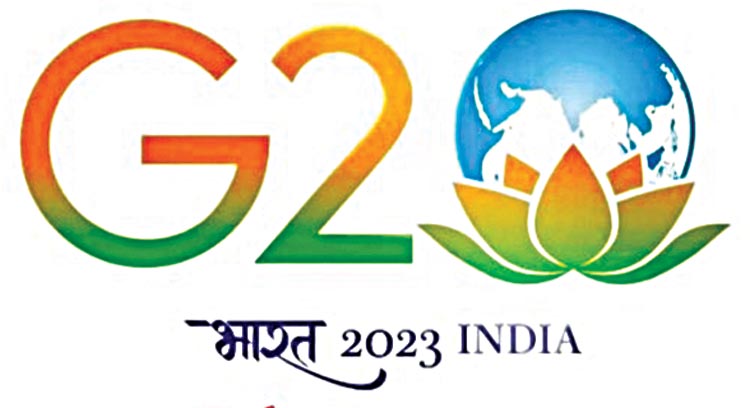New Delhi, April 23 (Mayank?Nigam) The experts suggested motivating the new generation to adopt a lifestyle based on India’s traditional practices and eco-friendly culture and to combat the impending crisis of climate change while addressing University Connect Lecture Series on ‘Engaging Young Minds’ as part of India’s Presidency of G20 in Tripura University on Friday. The program aimed to showcase the youth as cultural ambassadors who can develop long-lasting relationships with the G20 fraternity, giving young Indians an opportunity to bring new perspectives and ideas to achieve sustainable development goals (SDGs).
Besides, leading academicians and scholars, Youth Affairs Minister of Tripura Tinku Roy, Former Diplomat Ambassador Lalduhliana Ralte, Director, Institute of International Trade Dr Dhanpat Ram Agarwal, Founder, and CMD of Bandhan Bank Chandra Sekhar Ghosh highlighted Prime Minister Narendra Modi’s mission for India. Prof Sabyasachi Dasgupta listed the actions of the individual for saving energy, and water, reducing the practice of single-use plastic, sustainable food habits, reducing waste including e-waste, modification of lifestyle for a better future while urging the youths to follow and propagate the pro-earth regime.
Meanwhile, Dr Sushil Kumar, Assistant Professor at Research and Information Systems for Developing Countries (RIS) informed under Arogya Maitri (Wellness Friendship) India would offer necessary medical supplies to countries of the developing world impacted by natural disasters or humanitarian crises and India would establish Centre of Excellence for Global South for learning from each other’s experiences. He, however, pointed out that inclusive and resilient growth, green development, technological transformation, reforming multilateral institutions, development of women, peace, and harmony have been prioritized by India under the G20 presidency. Responding to the priorities of the Global South, and recognizing the principle of common but differentiated responsibilities are also included in India’s agenda.

